Paul’s Epistle to the Hebrews, Part 15: Sons or Bastards
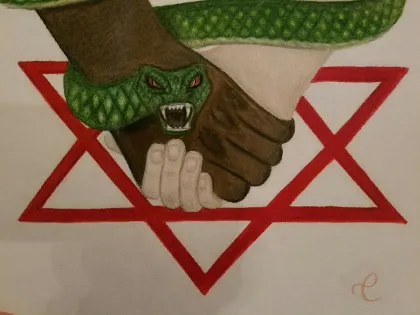
Paul’s Epistle to the Hebrews, Part 15: Sons or Bastards
As we have proceeded through Hebrews chapter 11, we have sought to understand Paul’s reasoning in his descriptions of the faith of the patriarchs from a historical perspective: that the Old Testament accounts describing the lives of the patriarchs and saints exhibit that their faith was a Christian faith long before the advent of Christ Himself. In that respect, the Old Testament saints were Christians before the time of Christ, and they were never Jews. Paul spoke in this same regard in 2 Corinthians chapter 3, where he was describing how it was that the ritual elements and ceremonies of the law were being left unemployed, and speaking of those who were disobedient in the past he said that “14 Yet their minds were hardened; even to this day today the same veil remains upon the reading of the old covenant, which not being uncovered is left unemployed in Christ. 15 Then until this day, whenever Moses is read a veil lies upon their hearts. 16 But when perhaps you should turn to the Prince, the veil is taken away.” So according to Paul of Tarsus, the Old Testament scriptures are only for Christians, their significance is only revealed to those who accept Christ, and therefore nobody else has any authority to even comment upon them.
We have also sought to clarify some obscure details of Scripture, while elucidating the historicity of the accounts themselves. Here, as we approach the close of Paul’s famous discourse on the faith, we shall continue in that same endeavor. The historicity of the Old Testament is constantly being attacked by critics of modern denominational Christianity, and especially by critics of the Jews as well as by Jews themselves. What those critics do not realize is that the denominational churches have never actually taught Christianity, the Jews can never possibly understand it, and the Jews are neither the subjects nor the true heirs of the Old Testament Scriptures. First century Christians themselves insisted that the so-called “Gentiles”, the people of the nations of the Greco-Roman οἰκουμένη, were indeed the true subjects and heirs of the Scriptures, who had been alienated from Yahweh God many centuries before Christ. They also attested that the Jews are Edomites, not Israelites, and the historians Josephus and Strabo fully support that attestation. The Scriptures themselves, in both Old Testament and New, also support all of these assertions.

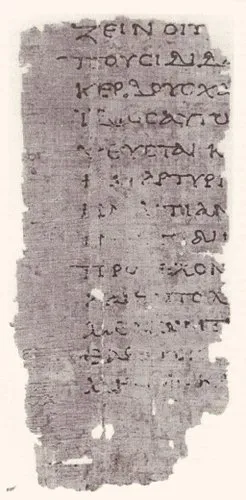

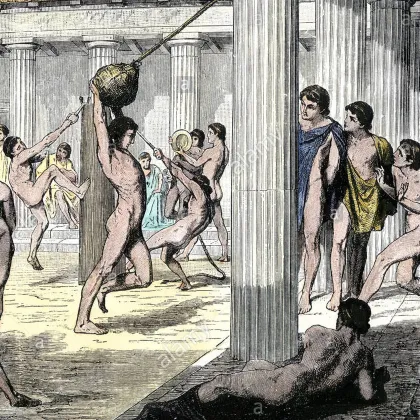

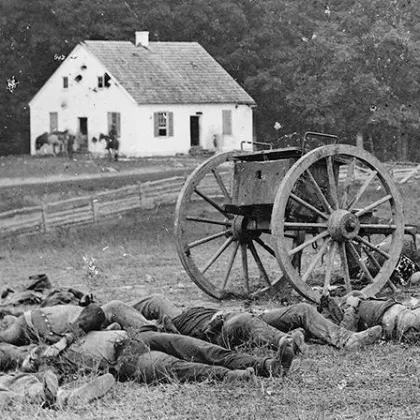
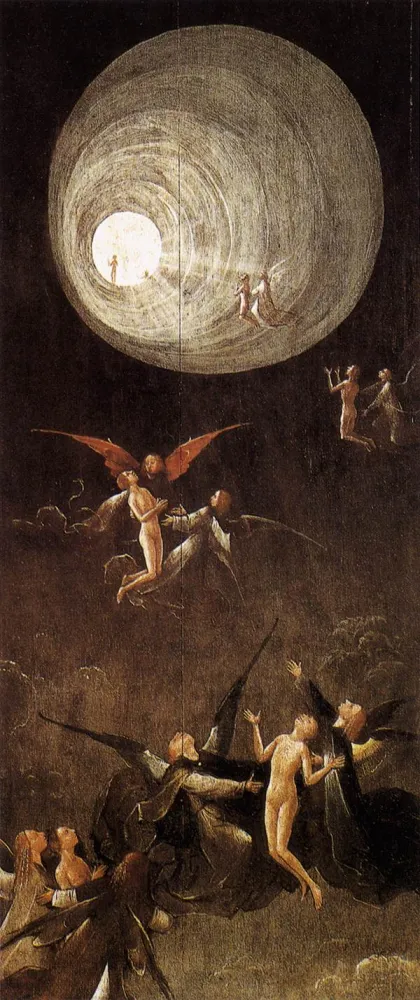
 Paul's Second Epistle to Timothy, Part 2: Rejecting the Religion of Fear
Paul's Second Epistle to Timothy, Part 2: Rejecting the Religion of Fear
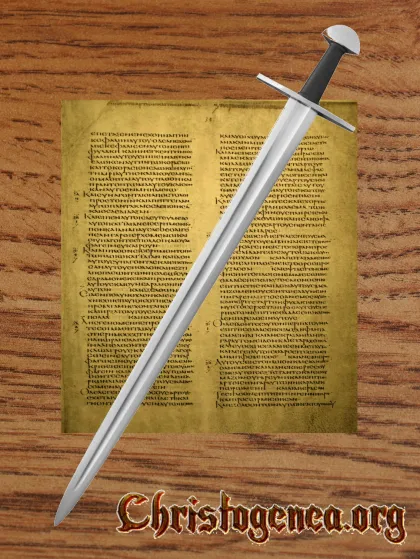 Paul's Second Epistle to Timothy, Part 3: Rightly Dividing the Word of Truth
Paul's Second Epistle to Timothy, Part 3: Rightly Dividing the Word of Truth
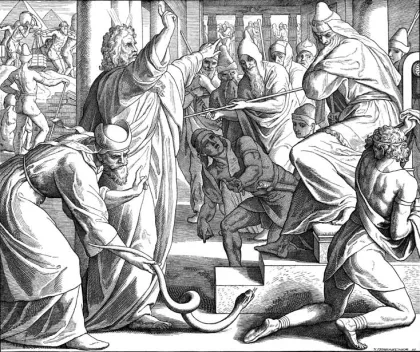 Aside from the first three presentations of this epistle, perhaps last Saturday’s program,
Aside from the first three presentations of this epistle, perhaps last Saturday’s program, 



 Please click here for our mailing list sign-up page.
Please click here for our mailing list sign-up page.







